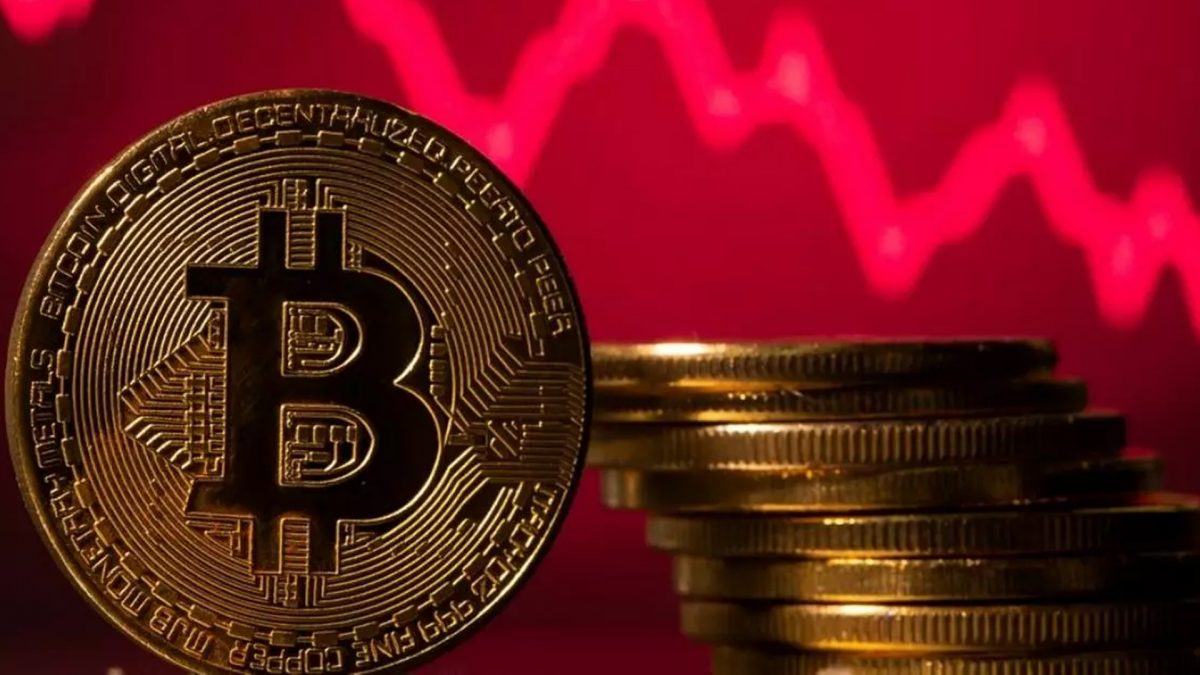Geopolitics has revived the “crypto wars” of the 1990s, yet today the struggle is continental rather than computational. On one flank stand the United States and much of the West, treating digital tokens as just another volatile asset class to be tamed by markets and tolerated by regulators. On the other side stand China and India, unlikely fellows whose shared suspicion of borderless money has inspired a twin assault on private cryptocurrencies. Whether laissez-faire zeal or dirigiste caution proves the surer guide will shape global finance.
Beijing fired the latest salvo on May 31, when it imposed a blanket ban on mining, trading and even private ownership of coins such as Bitcoin and Ethereum. The decree capped a decade-long squeeze that began with banking curbs in 2013, hardened into an ICO prohibition in 2017 and outlawed onshore transactions in 2021. Three concerns drove the final kill switch. First, capital flight: analysts reckon more than $50 billion seeped out of China via crypto in 2019-20. Second, financial stability: untamed price swings threaten household savings and could undermine the country’s highly leveraged property developers and shadow banks. Third, political control: decentralised ledgers collide with the Communist Party’s quest for digital sovereignty and jeopardise the e-CNY, a central-bank token Beijing insists must sit on the throne.
New Delhi has not gone so far, yet it has tightened the fiscal tourniquet. Gains on any coin attract a punitive 30 per cent tax and a one-percent tax deducted at source on every trade. The Reserve Bank of India, which once likened Bitcoin to a Ponzi scheme, still campaigns for an outright ban, warning that borderless money could drain rupee sovereignty and turbocharge illicit flows.
Across the Pacific the mood is giddier. Roughly one in six American adults already owns some crypto. Wall Street hawks spot Bitcoin exchange-traded funds; North America now processes more on-chain value than any other region. Donald Trump, sensing populist resonance, is pouring accelerant on the bonfire. His media firm is floating “America First” crypto ETFs, seeking a 2.5-billion-dollar Bitcoin treasury and trumpeting the Genius Act, a law that offers legitimacy to dollar-pegged stablecoins. Meanwhile, a meme coin dubbed “Trump” has vaulted from obscurity to multibillion-dollar heft, with scant disclosure and most of the supply parked in entities the former president ultimately controls. Oversight, like taxes on Mar-a-Lago tips, looks optional.
Impact Shorts
More ShortsThe divergence is rooted in history as much as ideology. The West has few capital controls and long experience of volatile assets; the Global South has spent decades fencing off foreign-exchange reserves. Washington views crypto much as it once viewed biotech or cannabis: speculative, risky, but ultimately containable. Beijing and New Delhi see an escape hatch through which wealth, tax and ultimately sovereignty might vanish. Studies of money laundering reinforce their fears. Forensic firms report that criminals cherish the “virtually instant” cross-border hop of tokens, and European police agencies warn that professional crypto-launderers now pose a systemic threat. Officials fret that a mere string of private keys could spirit fortunes abroad faster than regulators can draft circulars.
Yet the prize is hardly stable. Bitcoin has crashed by more than 50 per cent five times: from 1,200 dollars to 200 in 2013, from 20,000 to 3,000 in 2018, and from 69,000 to 20,000 in 2022, before roaring past six figures in late 2024. Still, adoption creeps upward. Roughly 560 million people—almost seven per cent of humanity—now hold a sliver of crypto. Millennials dominate in America; in Vietnam and Nigeria grass-roots users are even younger. The genie is out, but it still rides a roller coaster.
Proponents trumpet three virtues. Crypto, they say, slashes payment friction, crossing borders in minutes rather than banking days. It extends financial inclusion because a smartphone is cheaper than a branch network. And it offers censorship resistance, letting dissidents raise funds under repressive regimes. Each claim carries a sting. Congestion fees can rival bank wire costs, and proof-of-work remains an energy glutton. Volatile balances can evaporate faster than payday-loan interest, leaving the poorest with no recourse. The same cloak that shields activists also hides ransomware gangs and narco-cartels, frustrating police armed only with subpoenas.
Meanwhile, the stand-off sharpens. China’s e-CNY pilots are courting Belt-and-Road creditors; India’s digital-rupee sandbox is under way. The United States toys with a central-bank dollar yet seems happier letting private stablecoins bloom so long as they stay green-backed and vaguely regulated. The conflict is no longer merely regulatory; it is philosophical. Must money remain an instrument of the state, or can code and consensus dethrone the decree? Crypto’s architecture answers yes; its history of scams answers not yet.
The writer is a senior journalist with expertise in defence. Views expressed are personal and do not necessarily reflect those of Firstpost.


)

)
)
)
)
)
)
)
)



